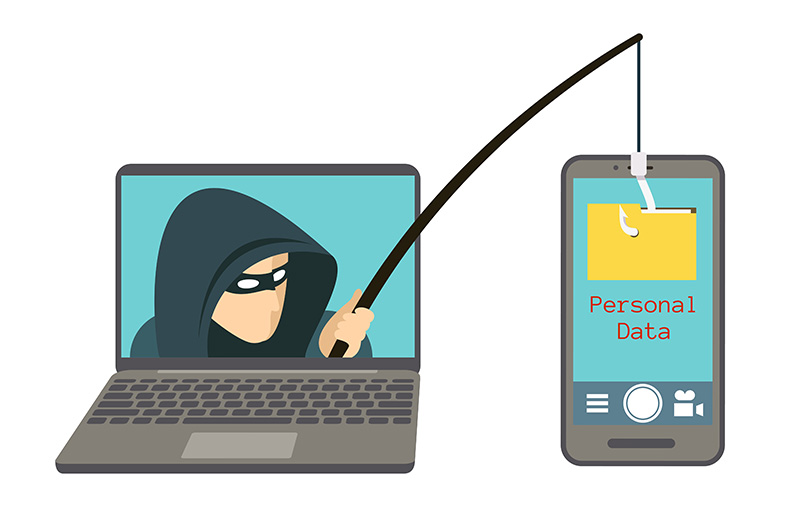One precious possession a person can own is their name. It identifies who you are—everything from private to financial to legal matters requires this information. As we all know, a business domain name is a vital representation of the company on the Internet. That is why we must do our best to prevent domain hacks.
Unfortunately, domain security is one vulnerability that businesses face in the current IT landscape. Your ‘simple’ online address does so much more than guiding prospects to your website. An impactful domain name enhances your visibility and brand reputation, boosting your company’s credibility.
The issue is that criminals can seize and desecrate your domain name. Are you vulnerable to domain hacks? Does your strategy include protective measures to guard your website? How capable is your cybersecurity team that you need to prevent domain hacks?
This guide gives you valuable information regarding IT domain protection and what you can do to secure your business.
Why Domain Hacks Happen on Business Domains
At first, you might think, it’s just a name – what can hackers do with it?
Well, a lot. Some hackers target business domains mainly for the fun of it. Absurd as it may sound, this type of cyber theft is a fun challenge for some malicious attackers. More serious hackers, however, practice domain hacks for money.
When a hacker gains control over your domain name, the negative effects can snowball into irreversible losses. They can get into your communication network, send fake emails to your customers, and even access confidential data. Some hackers do domain name transfers, where they redirect your traffic to a different website, usually one that has offensive content.
Domain hacks typically also engage in phishing. After gaining control over your communication channels, they send phishing emails to your customers. They can freely obtain passwords, credit card information, social security data, and other sensitive information. Isn’t it a nightmare to think that you could lose your business because of inadequate domain security?
Effective Ways to Protect Your Domain from Hacks
Seeing how damaging this issue is, you need robust IT domain protection right now. However, how do you identify which domain security measures to implement? Are you aware of any methods to prevent domain hacks? Protecting your DNS is not as difficult as you might think.
Choose a Secure Registrar
When registering a domain name, most business owners just look at cost and privacy. The more important element, though, is security. The registrar you choose should use multi-factor authentication and have a responsive support team you can reach 24/7.
Use Separate Accounts for Domain and Web Hosting
Do you use the same account for domain and web hosting? You may need to create these accounts separately to protect your business, much better if you get different hosts. Managing multiple accounts for your domain is a challenge, but not if you have co-managed IT solutions in place.
Always Renew on Time to Prevent Domain Hacks
When did you last check the expiry of your domain name? Hijackers are always looking out for expired domain names they can easily get with no need to steal them. If a hacker successfully registers your domain under their name, it’s difficult for you to reclaim it.
Co-Managed IT Services Can Help with Domain Hacks
Lucky for businesses, there is a host of other methods for IT domain protection. If you want to leverage them all for your security, the best way is to sign up for co-managed IT services. With this IT strategy, an MSP can work together with your internal IT team to ensure that your business domain name will never fall into the wrong hands.
We can tell you more about domain security if you call us. Also, you can download this free Cyber Risk Infographic. It contains a wealth of information about domain security and other ways of protecting your business from cyber threats. Remember, knowledge is power!



